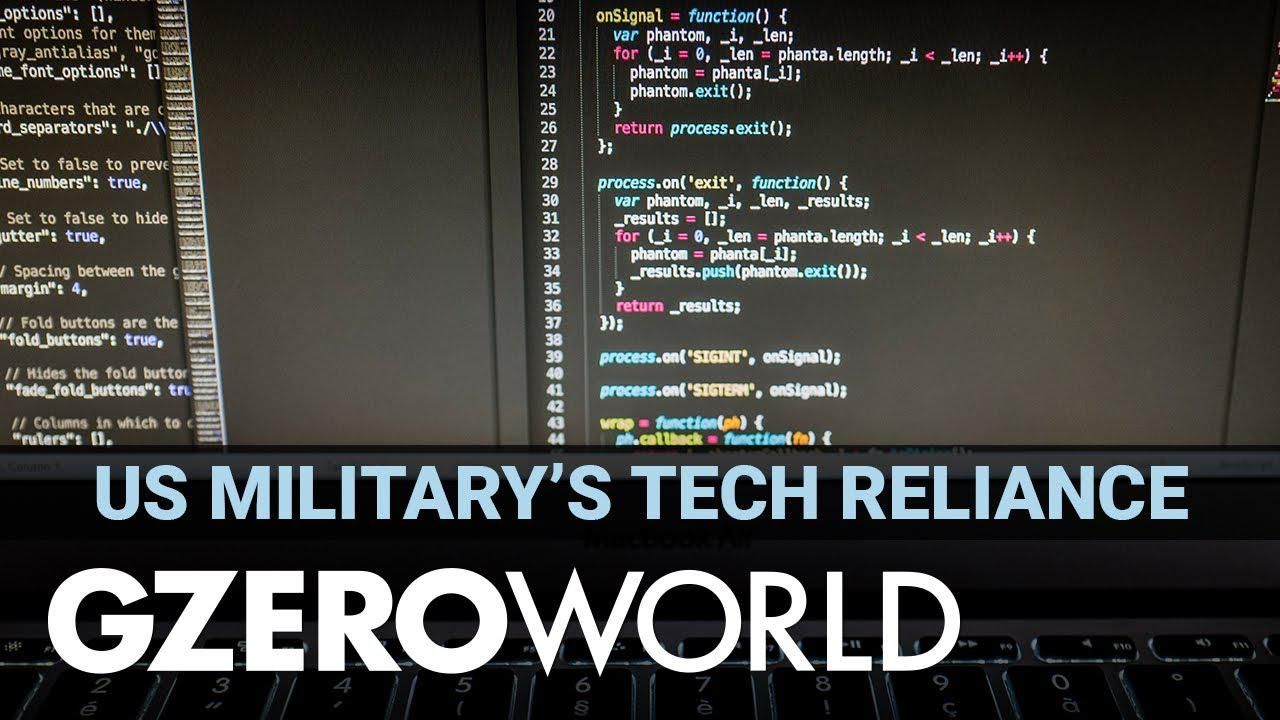GZERO World Clips
Is the US military’s reliance on technology a vulnerability?

Is the US Military’s Reliance on Technology a Vulnerability? | GZERO World

What happens to US defense systems in case of a cyber attack? "The American military needs a Plan B, because these exquisite systems upon which we have come to rely so deeply, because they were invulnerable fighting the Taliban, or fighting Al-Qaeda, they're not invulnerable anymore," argues Admiral James Stavridis (Ret.), who also served as NATO Supreme Allied Commander. He discusses the benefit of having analog alternatives for US military operations in a discussion with Ian Bremmer on GZERO World.
Watch the episode: What could spark a US-China war?
Gotta maximize sleigh-holder value. #PUPPETREGIME
On Ask Ian, Ian Bremmer breaks down the steady escalation of US pressure on Venezuela and why direct military action is now a real possibility.
From civil conflicts to trade wars to the rise of new technologies, GZERO runs through the stories that have shaped this year in geopolitics.
Ukrainian intelligence services assassinated a senior Russian general on the streets of Moscow on Monday, detonating a bomb strapped to his car.